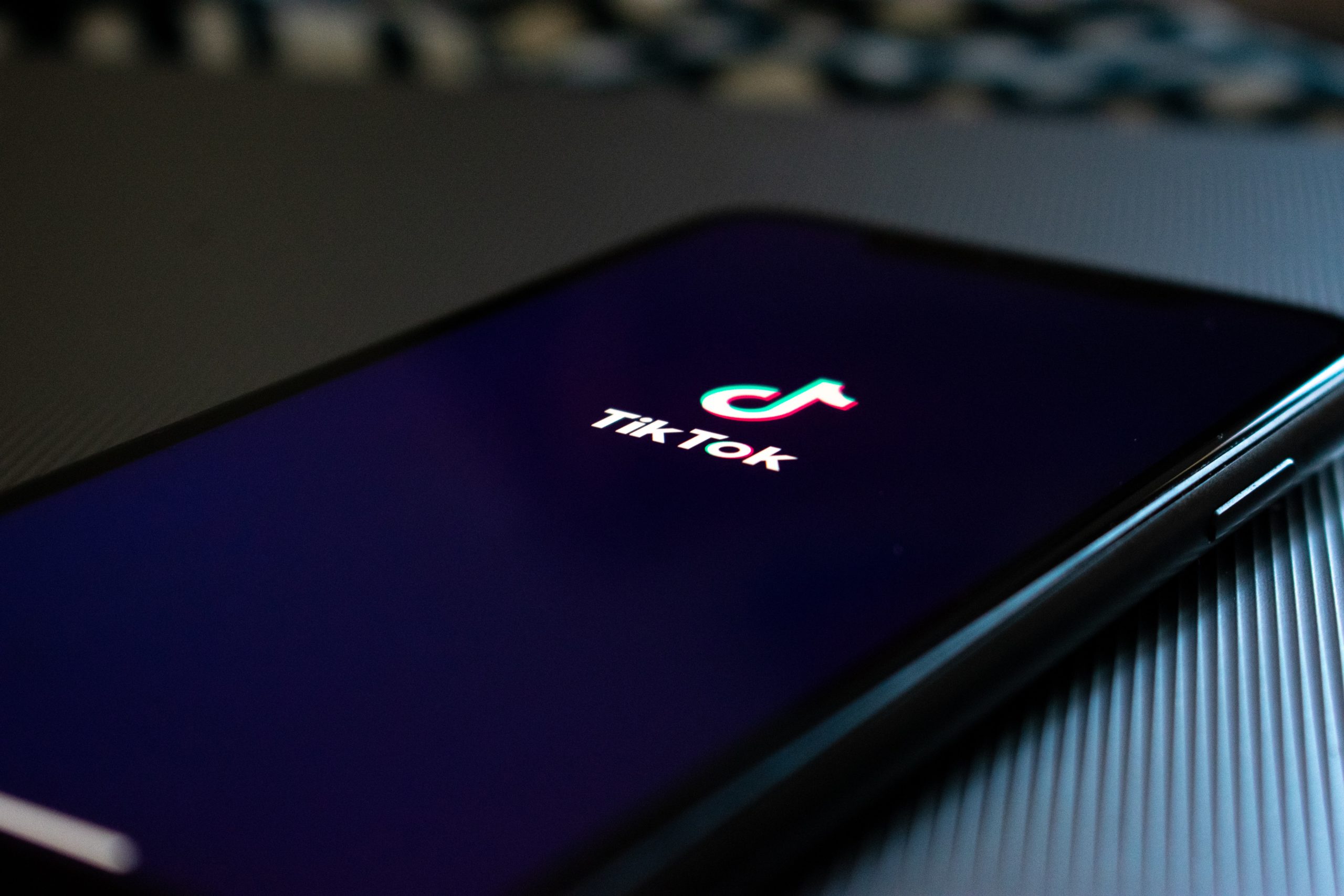UPDATE: On September 18, the Trump administration announced that it’s following through on its promise to ban TikTok and WeChat.
This is not an effective nor rights-respecting response, as it infringes our fundamental rights without adequate justification. The Trump administration should instead focus on solving the root of the problem by protecting individuals through a robust data protection framework.
It’s vital to hold companies accountable for failing to protect user privacy and data. But taking executive action to interrupt or hinder access to communication platforms for individuals in the U.S. — including human rights groups, press freedom entities, security researchers and others who use them for a variety of purposes — is not a solution. Many people depend on TikTok and WeChat to connect with loved ones, make a living, and express themselves. Others conduct research on the platforms to study online censorship and internet governance. The Administration’s actions are under-inclusive — failing to do enough to advance systemic data protection nor national security — and overbearing.
Read our original statement below.
____________
Unilateral decrees by the Trump Administration banning transactions between U.S. persons and businesses and the firms running WeChat and TikTok would deprive millions of people of information and communication tools during a global pandemic, restrict human rights groups from reaching at-risk communities, and suppress free expression just before the U.S. general election.
On Thursday, August 6, U.S. President Donald Trump issued executive orders stating that, in 45 days, U.S. persons and companies, and others within the United States, can be prohibited from doing business with ByteDance Ltd. (the China-incorporated firm that owns TikTok and other apps) and Tencent Holdings (including its WeChat service). In issuing the orders, the administration did not offer any new evidence of specific threats to privacy or data security that these applications may present for users in the United States. Blocking “transactions” with these platforms in the United States could result in millions of people losing access to services that empower them to exercise their human rights.
“WeChat has been a lifeline for people coping with the pandemic while far from their families, and TikTok enables creative expression as well as political commentary across borders. Activists and other users at risk globally use these services to report on human rights violations and improve their digital security in the face of surveillance and government harassment,” said Peter Micek, General Counsel at Access Now. “Unilateral executive sanctions based on vague assertions and overbroad cybersecurity powers do not pass muster under international human rights law and will not protect our fundamental right to privacy.”
“In justifying its executive order, the Trump Administration has sought to draw support from claimed findings by other governments,” said Raman Jit Singh Chima, Asia Policy Director at Access Now. “The administration references the emergency blocking orders against several China-linked services and apps by India’s government in July, even though Indian human rights groups have raised concerns about the secrecy and opacity of the government’s actions there. The Australian Government — also mentioned in the executive orders — has indicated it may take actions only after undertaking an investigation, if at all.”
Like most social media applications, these services collect too much user data under too vague terms. But that broader problem requires comprehensive data protection regulation, not arbitrary and politicized targeting of foreign-linked services.
In justifying these actions, the administration has generally pointed to a mix of privacy and national security concerns centering on the relationship between TikTok and WeChat’s U.S. operations and their parent companies, which under Chinese law can be forced to give the Chinese government access to any data and insights they retain. But the U.S. government’s social media monitoring and requests for data from companies like Facebook mean that cutting ties with Chinese investors does not in itself remove the risk of surveillance for the users of these platforms.
“Just as the EU’s GDPR forced U.S. companies to strengthen privacy safeguards for Europeans’ data, a U.S. data protection framework is a necessary step toward ensuring the rights of people in the United States are properly protected, regardless of which companies are processing their data,” said Carolyn Tackett, Global Campaign Strategist at Access Now.
This move mirrors harmful censorship tactics that proponents of internet freedom — including the U.S. State Department — have decried for more than a decade. Arbitrary and disproportionate blocking, based on geopolitical escalation, spurs a race to the bottom, to a world of splintered internets with less cybersecurity and more exposure to overbearing nationalism. Further, these tactics place the heaviest burden on already vulnerable communities.
Such overbroad executive censorship powers embolden governments to block access to internet services and information vital to billions all over the world, while not advancing the privacy protections and user-focused policy approaches to cybersecurity that are vital for protecting human rights in our digital age.
